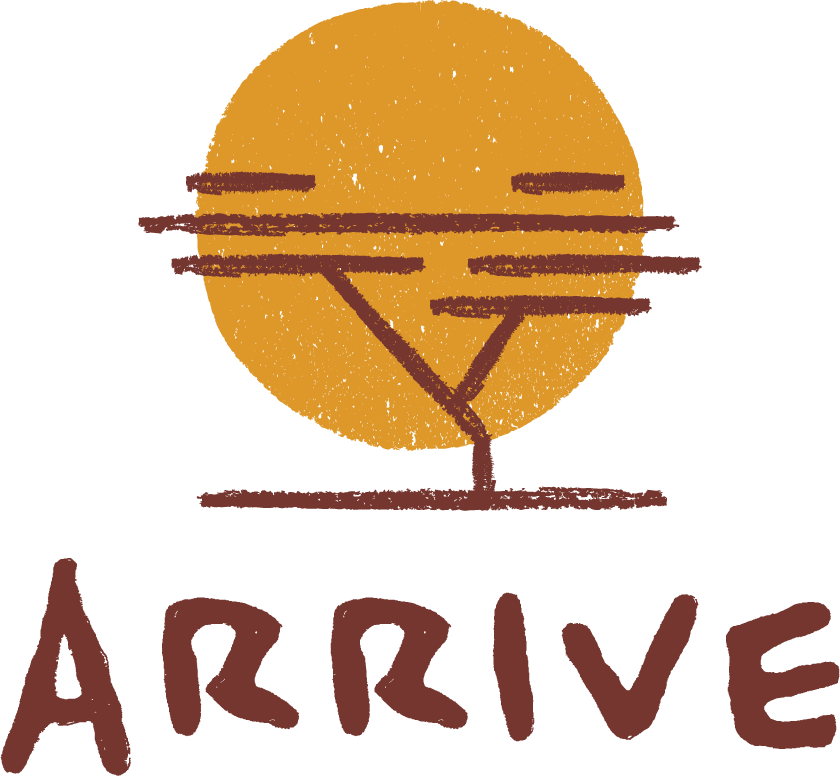Overview
The age of the explorer, some would argue, is over. We live in a world where satellites can take photos of people’s faces from space, where the highest mountain peaks and deepest depths of the ocean have been mapped, where discovery is often nostalgically regarded as a relic of the twinkling past. But exploration is not over - humans will always find ways to go beyond what came before. The difference now is that explorers must do more than merely visit some unseen place; they must find the meaning therein, and share that meaning with the world.
Starting 1st February 2020 a small team will attempt to become the first ever to cross Africa on foot by walking from the Indian Ocean to the Atlantic Ocean to share with the world the amazing insights along the way. The journey of roughly 4,500 miles crosses savannahs, swamps, jungles, and conflict zones as the route passes through 9 countries - Kenya, Uganda, Rwanda, Tanzania, Malawi, Zambia, Zimbabwe, Botswana, and Namibia. Earlier this year we successfully walked for 58 days across Kenya, Uganda, and Rwanda to complete the first 1,100 miles of the expedition. The final 3,400 miles will be attempted February - July 2020 and take an estimated 6 months to complete.
What would the world look like if we viewed the success of others as our own?
Mission
News from sub-Saharan Africa is often one-sided, focused on poverty, disease, and violence. Media stories of tragedy and war, while accurate, drown out the stories of hope and potential from the youthful population. People in the region remain largely unheard yet have deep understanding and insight. The Walk Africa aspires to amplify their voices. Too often in the non-profit world, outsiders assume the needs and wants of the local people. The Walk Africa gives us the unique opportunity to engage directly with the local community and hear from them as to how we can help improve their lives.
While most visitors to East Africa observe the region through the window of a safari jeep rolling along at 60 miles per hour, we, on the contrary are walking - we talk to every person, we smell every smell, and we are completely immersed in the local culture and community. Through Instagram @thewalkafrica and our blog we will share an authentic portrayal of the expedition with daily aesthetic visual media, inspiring stories, and unique insights gathered on the road. From my own personal struggles and breakthroughs to ancient knowledge of indigenous cultures spoken directly from members of their own communities, from gear recommendations and reviews to the inspiring stories of hope and courage I find along the way, from breathtaking photos to intense moments of vulnerability, I will share every aspect of this expedition organically and transparently. Follow.
Lastly we walk to organize a global community united to support the children of Arrive Kenya, shifting the narrative in East Africa from poverty and despair to hope and unity. By taking advantage of our own love for the outdoors and health, we will empower not only ourselves but others by serving as healthy role models for our kids and people around the world who follow us on our journey. We're doing something we’re passionate about - walking - for something we’re passionate about - helping the most vulnerable kids in Kenya. Donate
an epic 4,500 mile journey across africa, on foot
Part I - Kenya (complete)
Brian, Nell, Selina, Fred, and Evans completed their walk across Kenya, from Busia to Diani Beach, in April 2019! It took: 33 days // 621 miles (999 km) // 36,534 ft. elevation gain.
Part II - Ugand and Rwanda (complete)
Brian, Nell, and Selina completed their walk across Uganda and Rwanda, from Busia, Kenya to the Rwanda/Burundi border, in July 2019! It took: 25 days // 466 miles (745 km) // 37,396 ft. elevation gain.
Part III - Tanzania (Embark January 5th 2020)
Route Facts
Follows the shores of Nam Lolwe (Lake Victoria, the second largest lake on Earth) // Descends into and climb out of the Great Rift Valley // Passes Mt. Kilimanjaro, the tallest mountain in Africa // Crosses Tsavo National Parks, home of the man-eating lions // Reaches the Indian Ocean // Crosses The River Nile, the longest river in the world // Crosses the Equator (from the northern hemisphere to southern hemisphere) // Passes through Mau and Mabira Forests.




